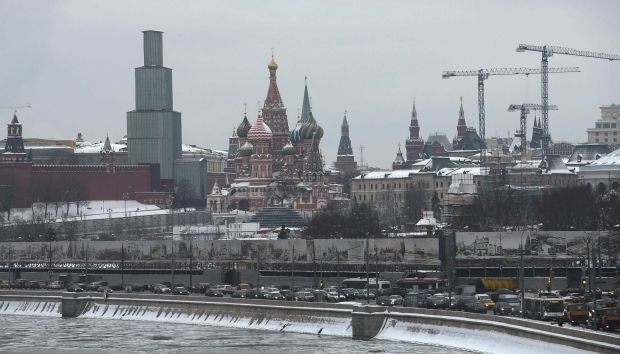
Trouble in Transnistria
A year ago, the Transnistrian authorities appealed to Russia to include the Transnistrian Moldovan Republic (TMR) in the Russian Federation, “following Crimea’s example,” but the request was turned down by the Kremlin. Now the consequences of Russia's annextion of Crimea are rebounding on Tiraspol.
Today, the prospects of the unrecognized republic are even more vague than those of Russian-occupied Ukrainian territories: the Kremlin has run out of money to help the pro-Russian "hotbeds of instability."
The events of recent weeks in Ukraine and Russia completely overshadowed the protests of Transnistria’s state employees. A rally in the central park of Tiraspol in late February against rising rates and prices in the housing sector, medicine and education, initiated by social movement Popular Unity gathered nearly 700 protesters.
The TMR authorities dread a Maidan
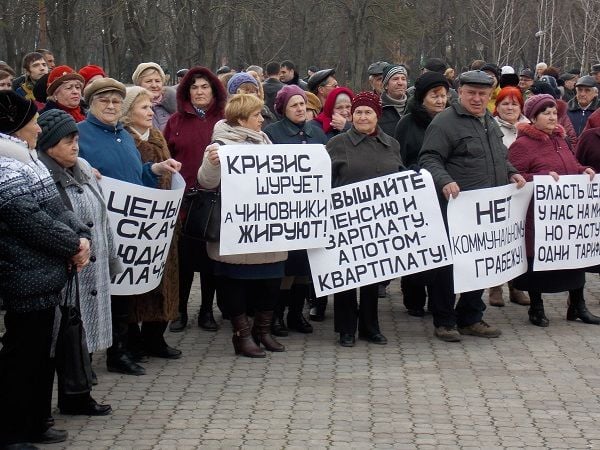
Several decisions by the TMR authorities have sparked indignation among residents of the unrecognized republic. In particular, these concerned budget-funded supplements to pensions being halved from the beginning of 2015, and the traditional “Russian surcharge” not having been paid. Besides, delays in the payment of wages to state employees began in Transnistria in January (the government promises to pay part of January salaries in March). Meanwhile, a “special procedure for financing of salaries and pensions” was introduced in March. According to the procedure, the salaries and pensions in TMR will be paid at a rate of 70%. The remaining 30% “shall be deemed a debt, and will be returned to citizens [gradually] as the treasury is replenished.” But judging by the protest rally held last weekend, although it was small, some citizens don’t really seem to believe the government’s promise.
Actually, this event can be considered a landmark for the unrecognized republic. A landmark in the sense that it is the first protest since it became known that Russia had stopped providing financial assistance to Transnistria (in January). This is the money which the rebel territory of Moldova used to rely on until now. And it is also worth noting that Transnistrians are becoming increasingly intimidated by the word “Maidan”.
In particular, Anatoly Dirun, one of the main organizers of the rally, and a member of parliament of the unrecognized republic, said that the idea of the protest elicited “a strange reaction from the republic's leadership.”
“That [included] criticism of public figures who initiated the event and attempts to frighten Transnistrians [with the idea] that the rally is a path to the Maidan, intimidation, prohibition from attending the event and administrative pressure on state employees and representatives of other organizations,” said the MP, adding that it indicates one thing – “the government is afraid of its own people.”
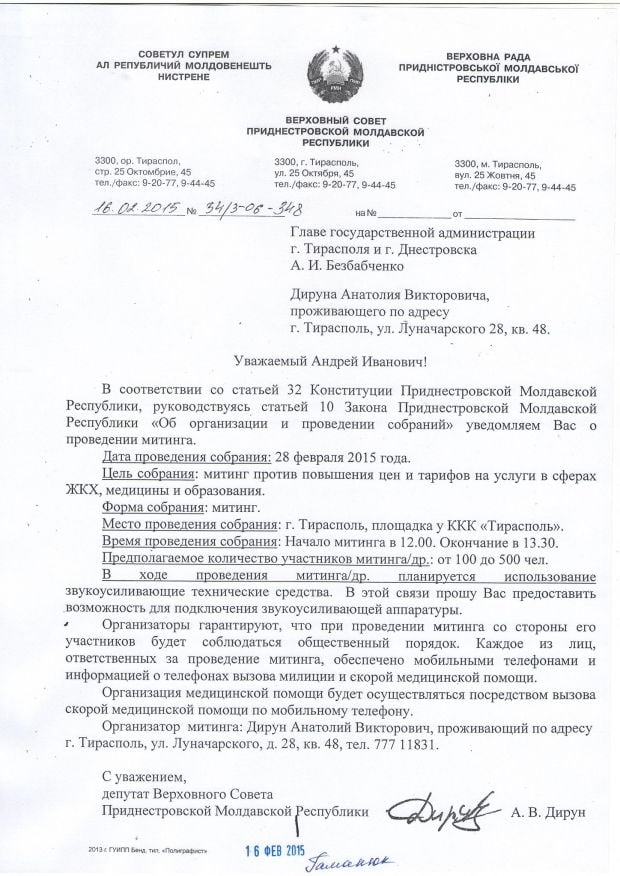
According to him, “Transnistria doesn’t need a Maidan,” yet he assessed the work of the TMR leadership on foreign political interaction with Russia as “insufficient.”
This rally could, in fact, have gone unnoticed if not for the reaction from Transnistria’s President Yevgeny Shevchuk. On March, 2 the head of the TMR called for the residents of the unrecognized republic to abstain from participating in such events, because “we see and remember how the events on the Maidan began, when, at their first phase the requirements were also of a social and economic nature.” At the same time Shevchuk reminded those who would like to go on a rally that “there is a sufficient number of relevant authorities in Transnistria to prevent illegal actions.”
According to the president of the TMR, such actions are actively financed both from the outside and the inside of the country. “One has to understand that Transnistria has a solid, hardline foreign policy. Not everyone welcomes this course. For years, we’ve been feeling the economic pressure and sanctions aimed at shifting people's opinion, the course of the authorities in this situation,” said Shevchuk.
Russian tactics – hit it and quit it
However, economic problems in Transnistria, which is largely dependent on Russia, have less to do with the pressure on the TMR from the West, but more with the situation in Russia, which annexed the Ukrainian territory of Crimea and unleashed the war in the Ukrainian Donbas. The Western sanctions against the main “donor” of Transnistria first echoed in Tiraspol in the summer of 2014. Today, the pressure on the Russian Federation is still building up, and Moscow has little to no funds to maintain the hotbeds of instability that it once established and supported on the territory of the former Soviet Union;.
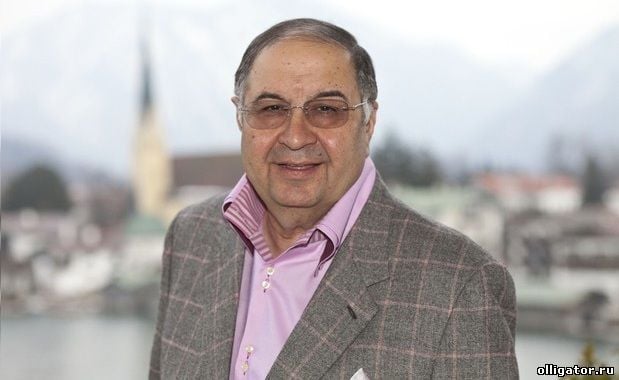
This is leading to a dramatic scaling down in the financing of Transnistria’s large industrial enterprises of Transnistria, in which some shares belong to a number of Russian oligarchs.
“The business structures of Alisher Usmanov, who, for example, owned the Moldovan steelwork factory located in Ribnitsa, have left Transnistria. A difficult situation has built up around the Moldovan hydroelectric power station, which is owned by the Russian company Inter RAO. Further deterioration in the TMR’s budget is inevitable,” Vitaliy Kulyk, a political analyst and director of the Research Center for Civic Society Problems, told UNIAN.
According to him, Russia subsidized the TMR via two schemes: permitting it to spend on domestic needs funds collected for Russian gas supplied to Transnistria and also providing social assistance - $15 in monthly surcharges for each pensioner. Still, Gazprom never stopped billing Moldova for Transnistria’s gas consumption. It’s just that Moldova has never paid.
At the moment, the economic agents in the TMR have become hostages of the Russian sanctions against Moldova in the wake of the country’s European integration (all Transnistrian enterprises are bound by Moldova’s customs clearance system). At the same time, Russia is exhausting its resources, and it has accumulated internal contradictions. Therefore it has become quite taxing to allow itself the “luxury” of maintaining separatist “republics.”
In this regard, it becomes increasingly difficult for the TMR authorities to hide the fact that the devaluation of the Russian ruble has significantly affected the economy of the unrecognized republic. The fall of the Russian currency has already reduced the flow of remittances coming to the TMR from Russia. Experts attribute this to the fact that the purchasing power of labor migrants has fallen, so they have to refuse to help their relatives in Transnistria. Salary cuts in Russia should also be added to this...
On the other hand, the foreign economic environment is now also not in favor of the Transnistrian products marketed to the EU, Ukraine and Russia. "As a result, there is a significant deterioration in the socio-economic situation, and the local authorities are unable to implement anti-crisis measures ... Even today, there is a shortage of foreign currency in Transnistria. The working population is fleeing en masse from the region. It is unlikely that Moscow will let Transnistria “starve to death,” but financial assistance will be at the “survival” level, which in turn will trigger social and economic instability in the region,” predicts Kulyk.
Sergei Parkhomenko, a political scientist and director of the OPAD Center for Foreign Policy Studies, shares this opinion. According to him, in this situation, in order to survive, Transnistria is “doomed to either face Moldova, or to negotiate with Ukraine on certain issues.”
Searching for the enemy
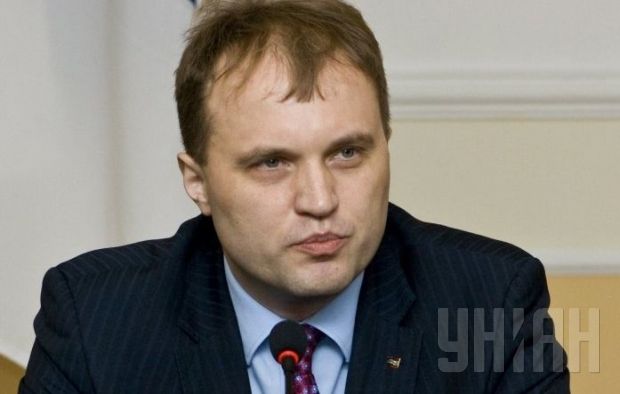
However, the TMR leadership is stubbornly holding course towards the Customs Union, although the integration of the unrecognized republic in the CU or in the EU is nonsense, as Transnistria is not a subject of international law. It also describes Ukraine and Moldova as enemies, telling residents of the region of the economic blockade by these countries, which doubles the problems of the TMR.
Today, such statements by Transnistria’s leadership, denigrating Ukraine and Moldova, are nothing but unsubstantiated PR, given that the TMR’s export is actually focused on Ukraine, Moldova and the EU.
In particular, at the end of 2014, only 14% of TMR’s exports went to Russia, and their volume has been gradually decreasing due to the devaluation of the ruble and reduction of the purchasing power of Russians. At the same time, the number of Transnistrian enterprises oriented to exporting to Russia has already been falling due to the fact that raw materials for their products have to be purchased from Russia not in rubles but in dollars or euros, as some goods have a fixed cost, linked to the exchange rate.
According to the State Customs Committee of the TMR, the volume of the Transnistrian exports to Russia in January, 2015 decreased by 3.5 times compared to January, 2014. At the same time, Moldova’s share in Transnistrian exports has increased from 36.6% to 56.7%, while exports to Ukraine exceeded exports to Russia by about $500,000. Roughly speaking, if there was any blockade whatsoever, this would be simply impossible. In this regard, in terms of economic viability, the persistence of Transnistria on the issue of integration with Russia looks ridiculous.
It is interesting to note that after Moldova started implementation of the Agreement on Free Trade Area (FTA) with the EU last fall, while Ukraine plans to begin this process in 2016, the Europeans made concessions to Transnistria. In particular, autonomous trade preferences were extended until the end of 2015. However, if, the TMR decides not to join the EU-Moldova Association Agreement in its FTA part when this period expires, the unrecognized republic will lose all economic preferences with the EU, which would further worsen the economic situation in the region.
Small and medium-sized businesses in the TMR operating mainly in trade and services understand the situation perfectly. Entrepreneurs of the unrecognized republic have made countless attempts to register their businesses in Moldova in the past years. But even here there are problems. First, much of the Transnistrian economic agents are focused on state quality standards and the quality of products for Russian or Eurasian markets. Second, for the TMR businesses “to push its way into the EU,” the political problems between Tiraspol and Chisinau must first be solved.” And this will not happen in the near future,” said Kulyk, “Moreover, the final settlement of the Transnistrian conflict will only be possible after our conflict in the Donbas is resolved.”
Uncertain future of the unrecognized republic
By the way, the first “alarm bells” suggesting the probability of such developments rang in Transnistria a year ago, when Tiraspol made an attempt to reunite with Russia in the wake of the “adoption” of Crimea by the Russian Federation. In March 2014, the Supreme Council of Transnistria asked Russia’s State Duma to draft a law that would allow for the unrecognized republic to be included in the Russian Federation in the wake of Crimea. Russia, in turn, made it clear that it sees the future of the TMR somewhat differently – as a part of Moldova, but with special rights that would give it the opportunity to influence and to block a number of Chisinau’s decisions.
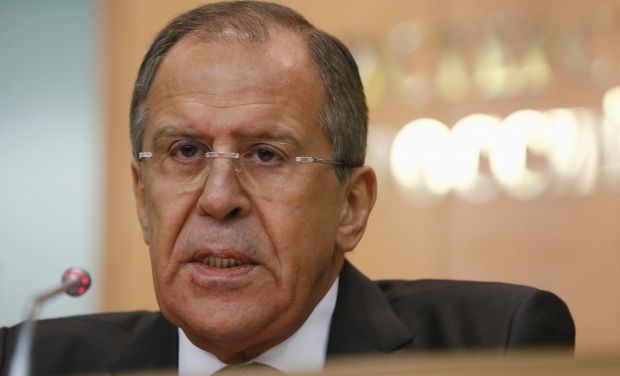
But while earlier Russian politicians used only to drop visitors from Tiraspol certain hints on this matter, now they are openly voicing their message. In particular, in January of this year, Russian Deputy Foreign Minister Grigory Karasin said that “Transnistria could be a special area within Moldova.” A little earlier, Russian Foreign Minister Sergei Lavrov said that during the settlement of the Transnistrian conflict, an agreement existed between the parties to “seek a special status for Transnistria within the framework of respect for the territorial integrity of Moldova, which should remain a sovereign state with military-political neutrality.” In other words, if Chisinau turns down its prospects for NATO membership and provides Tiraspol with “special guarantees.”
Moscow is now trying to make Kyiv embrace a similar scenario to resolve the Donbas crisis.
Anyway, Transnistria’s bid on the “besieged fortress” ideology looks to be leading to the defeat of the current TMR leadership and possibly to a forceful reintegration of the region into Moldova or Ukraine. “We're just going to have to help the Ukrainian citizens (100,000 people) living in the conflict zone,” said Kulyk.
In this regard, in his opinion, the best thing Tiraspol can do in this situation is to begin a political rapprochement with Ukraine and Moldova in order to not only maintain regional peace, but also to solve its own social and economic problems.
Tatiana Urbanskaya

